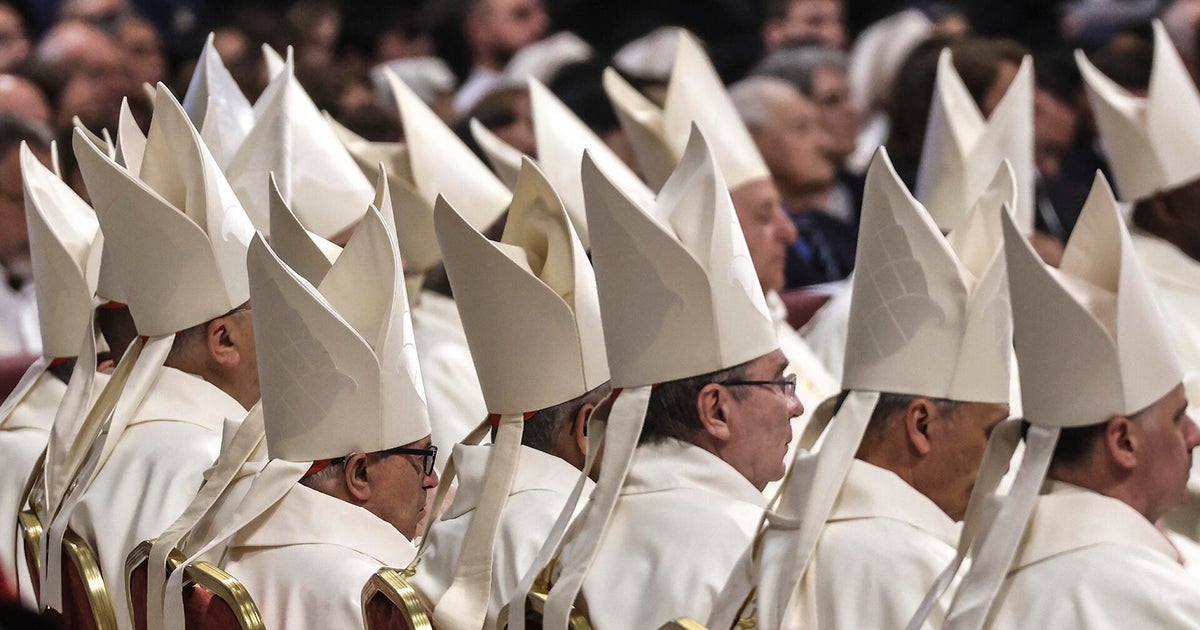He had the votes, he had a new coalition sealed in writing and ratified by party members, so it seemed like a formality. But Friedrich Merz's lifelong dream of finally becoming German chancellor had to be deferred by a few hours, the 69-year old conservative falling at the first hurdle with backbenchers sending a signal.
A hastily-organized second round cancelled out what history may decide to be a blip. But still, why did Merz fall six seats shy in the secret ballot? Who rebelled inside what now seems like a fragile coalition between conservatives and Social Democrats?
Germany’s Trump and Putin-backed far-right co-leader quick to call for snap elections. Alice Weidel savoring revenge after domestic intelligence last week qualified her pro-Nazi-rooted party as an extremist group, a status that could in theory lead to a ban for an AfD that polled second on 20-percent in last February’s elections.
The moment of wavering in Berlin also rattling the script in Brussels and Paris, both of which bank on the return of Germany as a strong and steady driver of reform, a nation that just scrapped its fiscal purity rules to level up after decades of chronic underfunding of infrastructure and defense. Now, with the new coalition looking over its shoulder, with far-right challenges in upcoming Romanian and Polish elections, it is all of Europe asking: will the center hold?
-
Joachim BITTERLICH Former German Ambassador to NATO (1998-99)
-
Mirjam DAGEFÖRDE Assistant Professor of Comparative Politics, American University of Paris
-
Jacob Ross Research Fellow at the German Council on Foreign Relations
-
Will Wilkes Bloomberg News Germany correspondent, Co-author of Broken Republik











 English (US) ·
English (US) ·